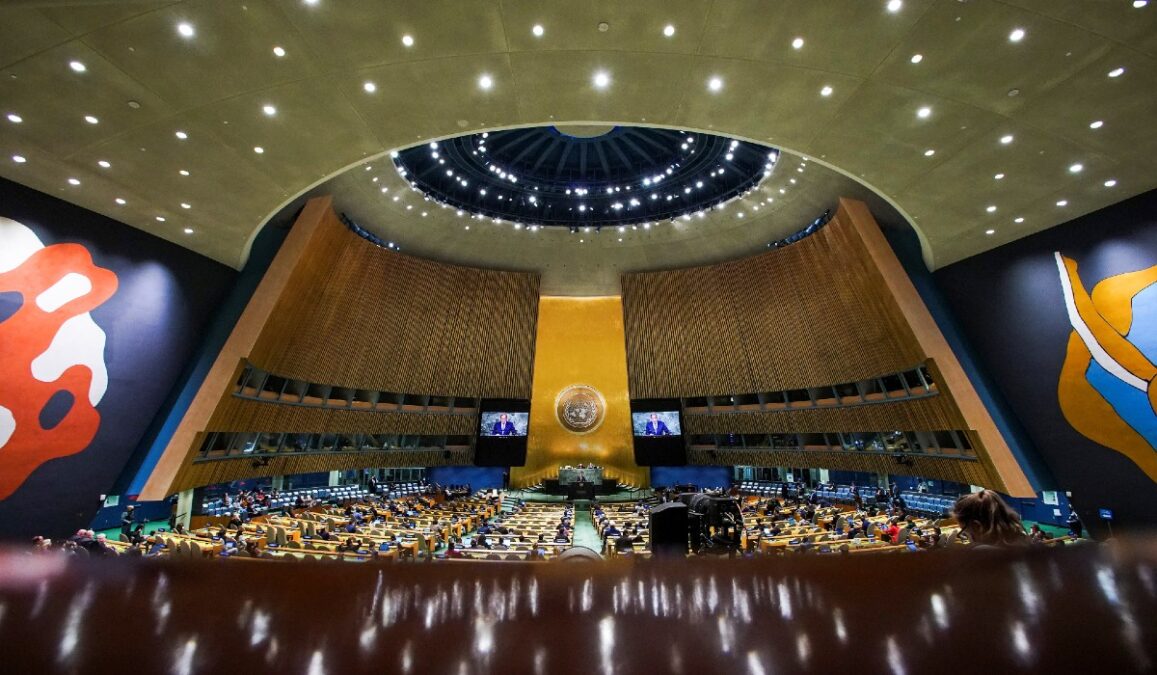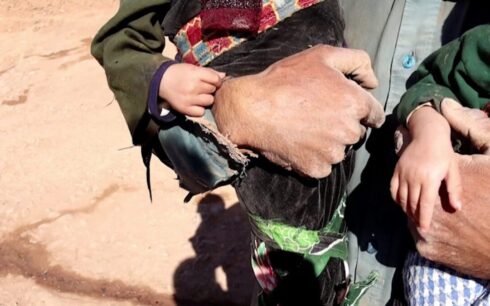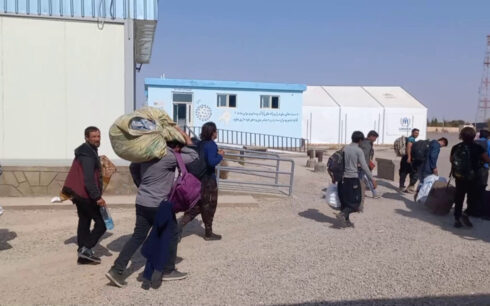The 193-member UN General Assembly passed a resolution on Thursday by a recorded vote of 116 in favor to none against, with 10 abstentions.
The abstainers were Pakistan, China, Russia, Belarus, Burundi, North Korea, Ethiopia, Guinea, Nicaragua and Zimbabwe.
The resolution titled “The situation in Afghanistan” reiterates its unwavering commitment to international humanitarian law and the human rights of all Afghans.
The resolution expressed deep concern over Afghanistan’s current trajectory and the volatility there since the Taliban takeover.
It urges Afghanistan to honor and fully respect and implement all treaties, covenants, or conventions, bilateral or multilateral, which is has signed up to.
The Assembly meanwhile expressed deep concerns over growing repression of fundamental freedoms and emphasized the need to investigate allegations of human rights abuses in Afghanistan.
The resolution says that millions of people face emergency levels of food insecurity, acknowledging that women and children are disproportionally affected by the humanitarian crisis.
In an explanation of his position, Pakistan’s deputy ambassador to the UN, Aamir Khan, said he had abstained because the resolution was unbalanced.
It does not delineate any process to promote normalization in Afghanistan through a process of engagement with the de-facto government, he said.
Meanwhile, the President of the UN General Assembly, Csaba Korosi, on Thursday urged the international community to make up the $2.3 billion shortfall in the UN humanitarian appeal for $4.4 billion.
In a speech to ambassadors in New York during a full session of the UN’s most representative body, he said that there was “a moral and also a practical imperative for the international community to support an inclusive and sustainable peace in Afghanistan.”
“Organized crime and terrorist organizations are thriving once again. Afghanistan is facing complex and interlinked challenges that the Taliban have shown they cannot – or would not – solve,” he added.
This comes as Afghanistan is faced with increasing poverty, lack of employment, economic challenges, restrictions on women and lack of freedoms for the people under the Taliban rule since August 2021.





